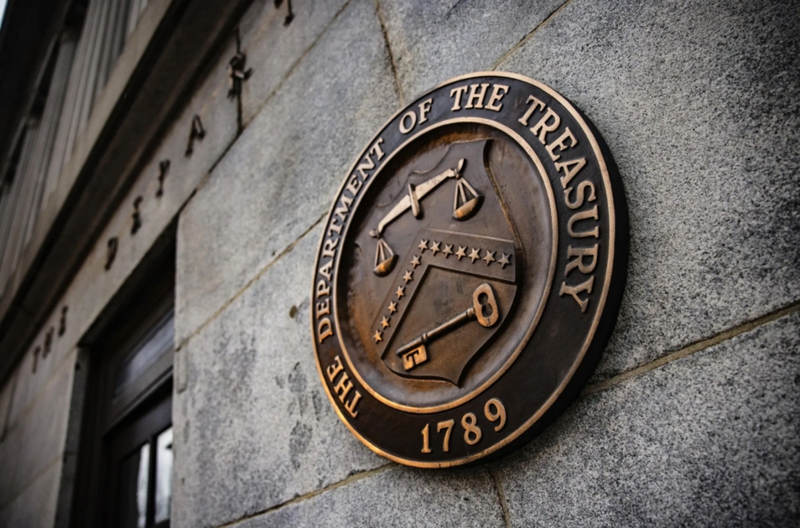On Jan. 15, the U.S. Treasury’s Office of Foreign Assets Control (OFAC) released an updated list of sanctions targeting Russia.
The revised Specially Designated Nationals (SDN) list includes a legal entity linked to the Russian-occupied Zaporizhzhia Nuclear Power Plant in southern Ukraine. It also names the Federal Service for Military-Technical Cooperation and the Patriot Exhibition Center.
Notably, four firms named in The Insider’s reporting were also added to the SDN list:
- JSC Scientific Production Enterprise Rusbal, which produces inflatable mock-ups of combat tanks, aircraft, and other equipment for the Russian army, was identified in an April 2023 investigation. Almost all contracts with Russia’s Ministry of Defense (MoD), including those with Rusbal, are classified. However, information about the firm’s supplies in 2018-2019 was uncovered by The Insider through arbitration case archives, as the MoD had filed lawsuits against Rusbal due to delivery delays.
More on Rusbal can be found here: Deception runs in the family: Son of Russian army decoy supplier leaves for Europe to supply same product to NATO.
- LLC Translom, LLC Translommarket, and LLC Treyd Metall form a group of companies that collectively serve as Russia's largest scrap metal processor. Much of their scrap is sourced directly from Russia’s MoD in the form of decommissioned tanks, fixed-wing aircraft, helicopters, weapons, ammunition, and various vehicles. According to documents from the Arbitration Court, the relationship between the Ministry of Defense and LLC “Translom” is currently governed by Presidential Decree No. 367, issued by Vladimir Putin on Aug. 2, 2019. This decree allows the MoD to sell all ferrous and non-ferrous scrap metal directly to the company, bypassing the tender process.
More on the scrap metal disposal company Translom and its owner, Alexey Zolotarev — the holder of a Maltese “golden passport” and the beneficiary of a villa in Grimaud, France — can be found here: Death metal: Russian Defense Ministry contractor close to Putin buys Maltese passport and French villa with money from weapons disposal.
Other companies sanctioned include Voentorg JSC, Motovilikhinskie Zavody (Motovilikha Plants), the Tactical Missiles Corporation, Agregat JSC (also known as “LAAZ”), the Nizhny Novgorod Research and Production Association named after M.V. Frunze, and the Novotroitsk Chromium Compounds Plant.
The revised list also designated several dozen individuals and companies based in China, Turkey, and the UAE — as well as one Kyrgyz bank, Keremet — for aiding Russian sanctions evasion schemes.
As part of the update, the Treasury authorized certain transactions with Russian banks, including St. Petersburg Bank, Zenit, Gazprombank, Alfa-Bank, Sberbank, Sovcombank, and VEB, under OFAC licenses.
This marks the second large-scale sanctions package against Russia since the start of 2025. On Jan. 10, the U.S. Treasury imposed a sweeping range of measures aimed at reducing Russia's oil revenues, which Moscow uses to finance its ongoing invasion of Ukraine. The sanctions targeted 183 oil tankers, the companies insuring them, as well as government officials and CEOs of oil refining firms. Sanctions were also imposed on major Russian oil producers, including Gazprom Neft, Surgutneftegaz, RusGazAlliance, and Gazprom Shelf Project.
At least 65 oil tankers dropped anchor following the round of restrictions introduced on Jan. 10, with at least five tankers having stopped near China and seven near Singapore, with the rest anchored off Russia's coast in the Baltic Sea and in the Far East, according to a report by Reuters. Analyst estimates cited by the publication indicated that the affected vessels account for close to 10% of the global oil tanker fleet.
Outgoing U.S. President Joe Biden’s administration also recently announced the further tightening of export controls on chips. The new regulations limit the export of high-tech artificial intelligence (AI) chips to most countries worldwide.

